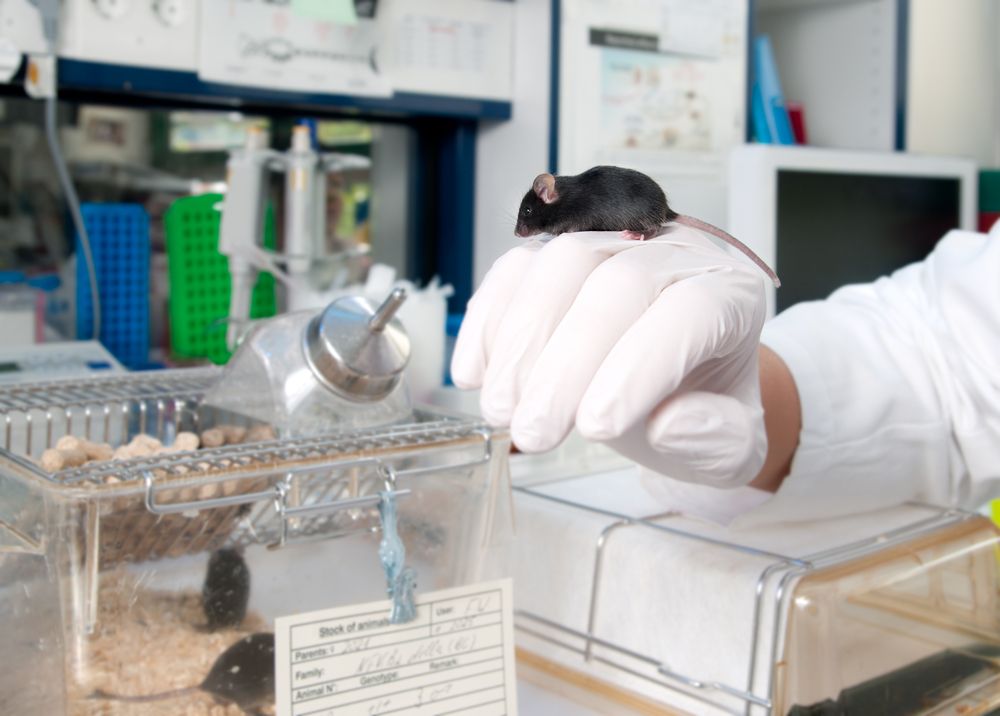As we age the brain loses its flexibility, this in turn affects our ability to learn, to remember things and adapt to new situations. The classic theme is of an older person who is stuck in a rut and unable to change how they think.
This is also a common concern people raise when any discussion of healthy longer lives are mentioned. The concern is that we would have a world of people living more decades and becoming so set in their ways that society would stagnate.
However, many proponents of rejuvenation biotechnology refute this and suggest that mental plasticity could be rejuvenated just the same as cells and tissues could be. The new study we will discuss today offers us a hint of what might be possible, although the focus here is specifically on the visual cortex[1].
